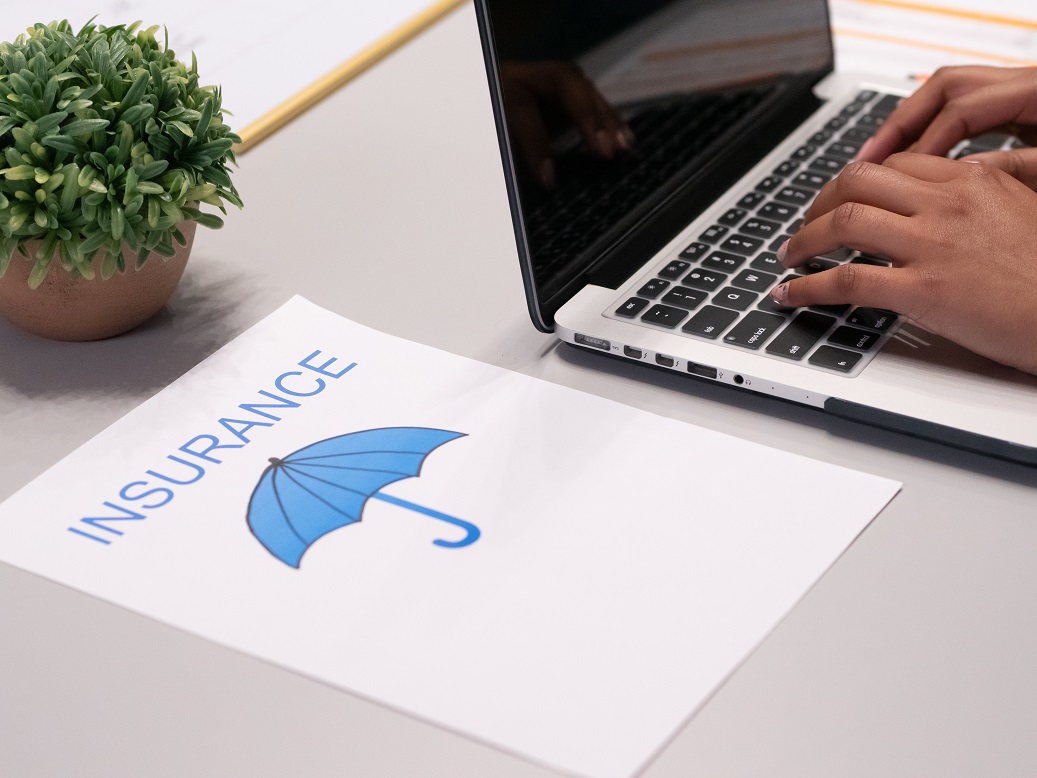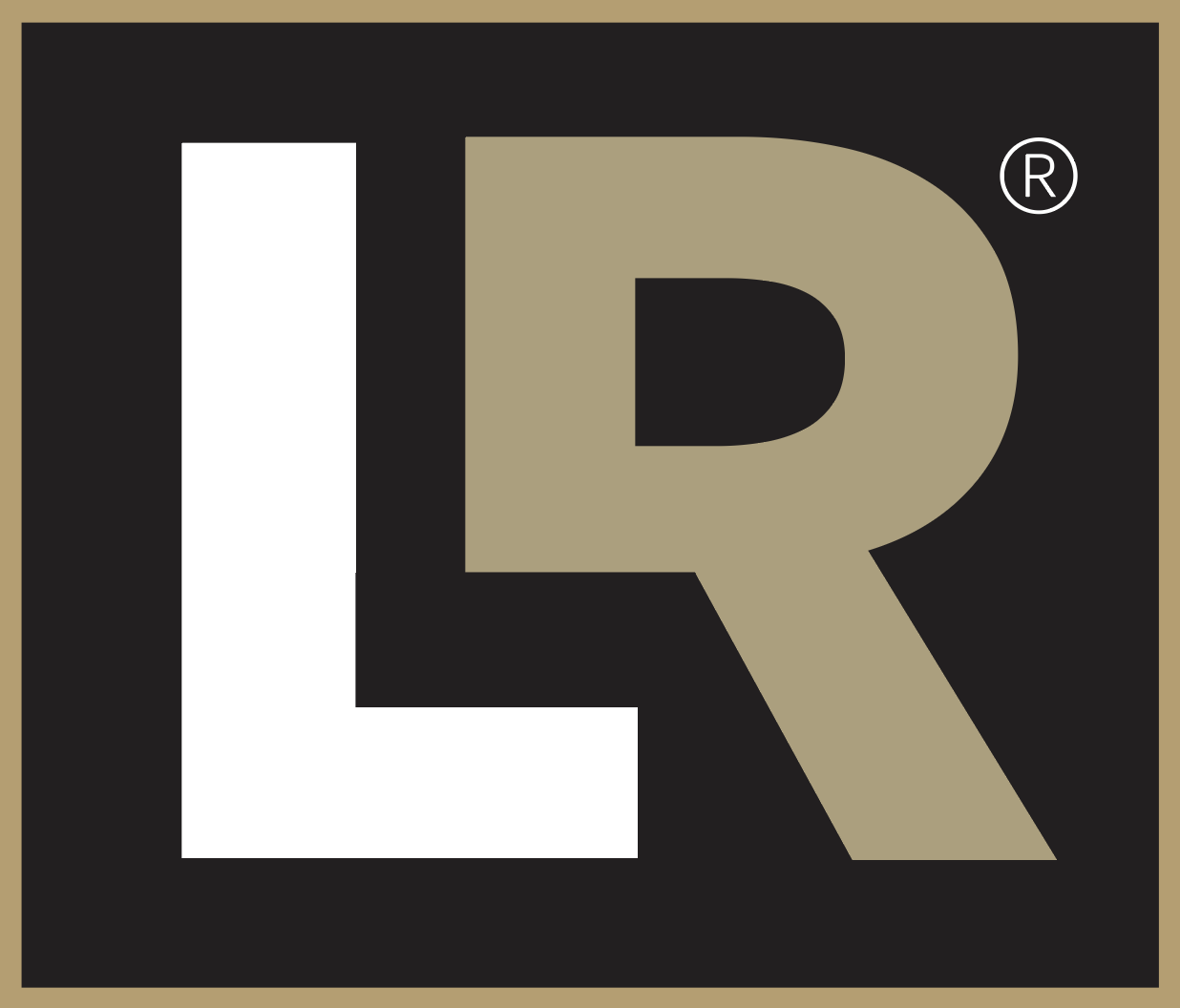Debunking the Biggest Myths and Misconceptions About Disability Insurance

Debunking the Biggest Myths and Misconceptions About Disability Insurance
Disability insurance is an important safety net that often remains shrouded in a veil of myths and misconceptions. People frequently misunderstand this financial lifeline. As a result, it leads many to make uninformed decisions that could impact their future financial health. Such misinterpretations could, therefore, cause adverse socioeconomic outcomes for those living with a disability, who comprise 15% of the world's population, according to The World Bank. So, below are some of the most common myths surrounding disability insurance that need demystifying. Understanding how they affect the process could enable you to make more informed decisions, so continue reading here:Myth 1: Disability insurance is only for severe, catastrophic eventsThe first, and perhaps the most common, misconception is that disability insurance is reserved only for severe, catastrophic events – those extreme situations leading to total incapacitation. The reality, however, is starkly different.Contrary to popular belief, disability insurance also covers partial and temporary disabilities. Various conditions, from back injuries and mental health issues to chronic illnesses like cancer, can trigger benefits. Moreover, most disability policies have an incontestability clause. Its importance becomes evident when policyholders discover that they have more than one disability or that their current situation is more severe than anticipated. With this clause, the insurer isn't allowed to cancel or amend the policy when the insured notifies them of any possible misrepresentations when they initially applied for their disability insurance.Myth 2: Workers' compensation will cover disabilityMany believe workers' compensation is sufficient, assuming it will cover them in case of any disability. While it's true that it encompasses work-related injuries and illnesses, what many don't realize is that most disabilities are a result of non-work-related incidents or diseases.For some disabilities, like chronic heart conditions, the symptoms aren't always noticeable until they become a health and financial crisis. Therefore, relying solely on workers' compensation leaves you vulnerable to the financial impact of other disabling conditions occurring off the job. Personal disability insurance complements workers' compensation by filling in these coverage gaps, ensuring you're completely protected.Myth 3: You have enough savings to cover disabilityA sense of financial security often stems from substantial savings. Yet, the assumption that personal savings can adequately cover potential disability costs is a risky bet.This myth overlooks the staggering probable expenses resulting from a disability. These may include the following:
Lost income
Medical bills
Therapy
Home modifications
Caregiving
 Woman seated in wheelchair facing woman in hat; image by Judita Tamošiūnaitė, via Pexels.com.
Woman seated in wheelchair facing woman in hat; image by Judita Tamošiūnaitė, via Pexels.com.

About Stephanie S. Lao
Stephanie S. Lao is a 42-year-old insurance broker passionate about helping those with disabilities find the proper support. When she isn't behind her desk, she is out in the community spreading awareness of the critical aspects of living with a disability. In her free time, she loves reading and enjoys hiking in nature.
